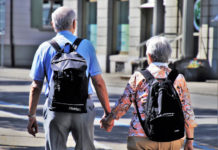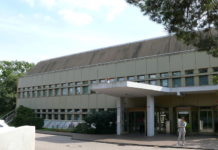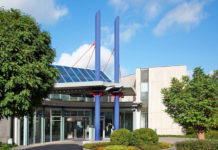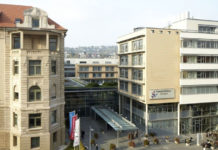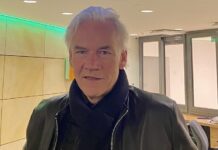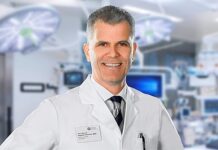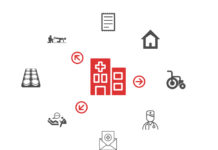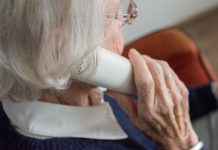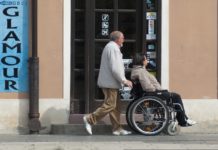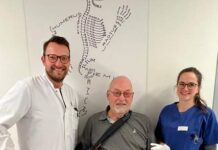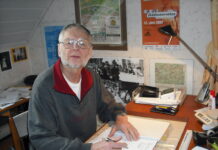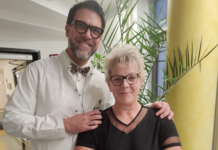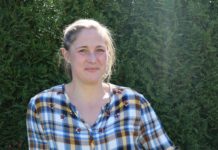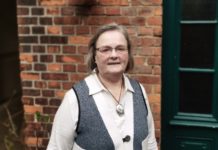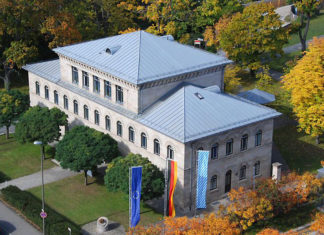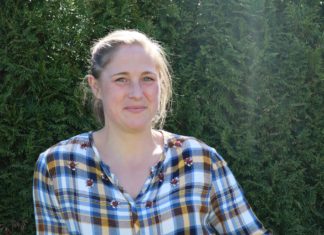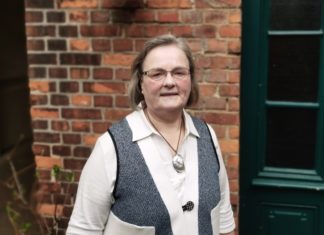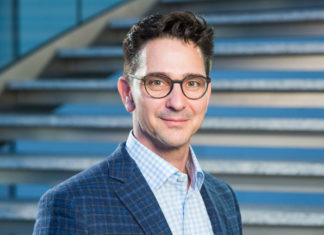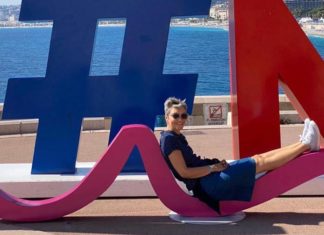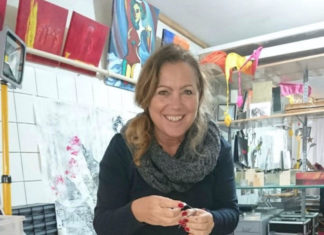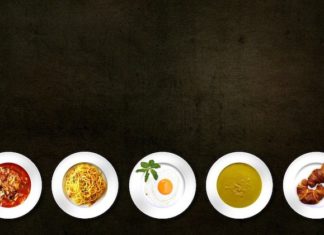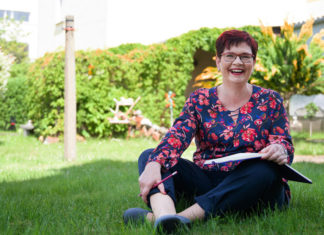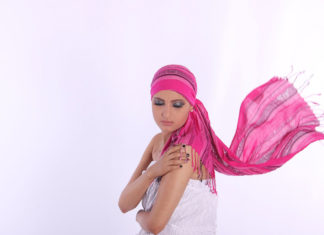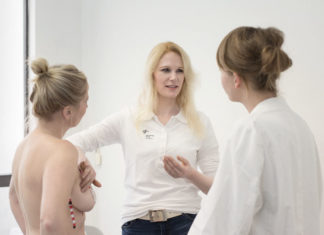![KK_Foto-MTU_Patientin_Ärztin_dh_Untersuchung_4[2897]](https://www.klinikkompass.com/wp-content/uploads/2018/12/KK_Foto-MTU_Patientin_Ärztin_dh_Untersuchung_42897-696x522.jpg)
When blind people have a highly sensitive tactile sense, they are better at finding nodules in the breast than doctors. This gave the German gynaecologist Dr. Frank Hoffmann an idea.
Innovations always represent answers to question. For example, questions like: Is there a better way to diagnose breast cancer in young women? In Germany, they are obliged to pay mammography screenings themselves while every year 10.000 women below the age of 50 years are diagnosed with breast cancer there.
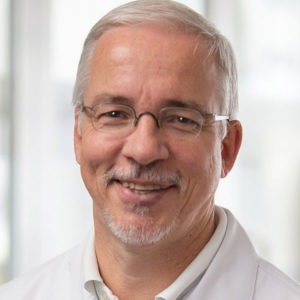
Dr. Hoffmann thought about how to close this healthcare gap. Visually impaired people depend on their sense of touch in their everyday life, thus it is very well-developed. On the other hand, employers often don’t have much confidence in their abilities, which results in higher unemployment. In the case of gynecologists, it is the other way around: multitasking is an integrated part of their work routine on a tight schedule. They often only have a few minutes for the palpation of the breast during a check-up.
Some have more time, others have less. Some have a trained tactile sense, for others it’s only one of six senses. The idea of a training for Medical Tactile Examiners (MTU) was born.
Medical Tactile Examiners palpate nodules in the breast
In 2011, Dr. Hoffmann founded the non-profit entrepreneurial company discovering hands. The core of the company is the training of blind or almost blind people to become Medical Tactile Examiners. During the nine months of training, trainees do not only learn the palpation of nodules in the breast. Medical Tactile Examiners also independently take anamnesis and write medical reports, which is why they have to have command of technical terminology and medical writing. As Medical Tactile Examiners spend a lot of time with the patients, patient communications another focus of the training. Palpation examination can take up to one hour.
Jessica van Bebber from Düsseldorf, Germany, completed the training. She works in the gynecologist’s practice of Dr. Scheele-Pescheny. In the morning, it takes her one and a half hours to get there by bus and train, the same goes for the way back in the evening. The white cane helps her get through the crowd.
But the journey does not always go smoothly. As she cannot read the number on the bus, she always has to ask the bus driver for the direction. “Sometimes he does not answer. Then, a passenger says: He nodded”. Another time, she was grabbed by someone without comment and led into a train. She did not know where she was going or whether it was the right train. “But most of the time, there are no problems”, says Jessica van Bebber. “I have the feeling that nowadays, more people are sensitized for the issue of blindness.”
But she wouldn’t allow herself to be discouraged from pursuing her career as a Medical Tactile Examiner by small inconveniences while travelling anyways.
She is actually a trained foreign language correspondent, but after her two children were born, she didn’t find a new job. Her potential employers didn’t really have confidence in her capability to read and work with the computer. She heard about the Medical Tactile Examiner training, registered for the aptitude test with a pounding heart, completed the one-week assessment and passed the exams. However, that is not a matter of course. “Some of the people with reduced eyesight do not have a special sense of touch. For example if they are affected by diabetes – then, they cannot take part in the training”, says Dr. Hoffmann.
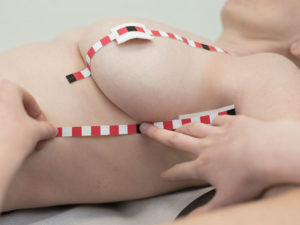
In the practice of Dr. Scheele-Pescheny, Jessica van Bebber has her own room where she examines her patients. For palpation examination, she sticks self-adhesive, patented orientation tape to the breast in order to know which paths her fingertips have to take. If she discovers any nodules, further examinations will be carried out.
“The medical-tactile examination supplements the medical service”, says Dr. Hoffmann. “It does not replace it. A MTU does not make a diagnosis, that is what the specialist does.” If the patient is diagnosed with breast cancer, an expert has to be consulted in any case.
The palpation examination is also used in India, Brazil and Mexico
Especially younger patients profit from the medical tactile examination: many insurances pay the costs of 46,50€ for the palpation examination. But it is also attractive for older women. An hour is a lot of time, even if it passes quickly for most patients. “Many patients like having someone to talk to, then I listen to them”, says Jessica van Bebber.
It is not easy to return blind people to a profession and make a profitable business out of it. The entrepreneurial company discovering hands has been awarded prizes and the model finds international recognition. In India, the first eight MTUs completed their training this year. There are also existing cooperation agreements with Mexico, Brazil and Austria. A goal for the next years: “Until 2020, 100 MTUs are to be engaged in the fight against breast cancer”, says Dr. Hoffmann. And what are Jessica van Bebber’s goals? “I would like to work more than two days a week. Most of the patients are so grateful, it is really fun!”

